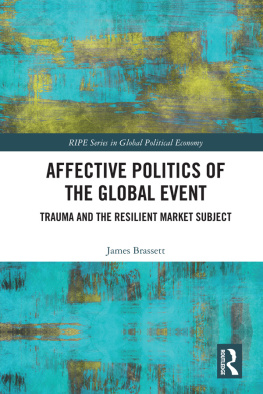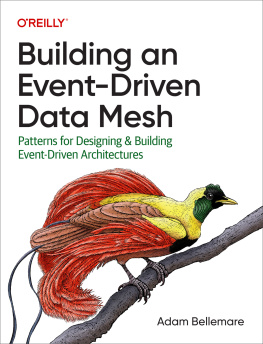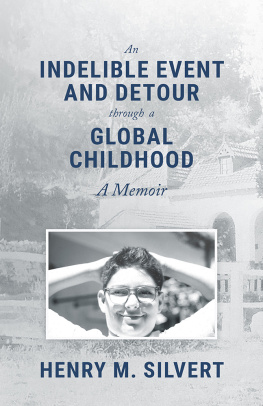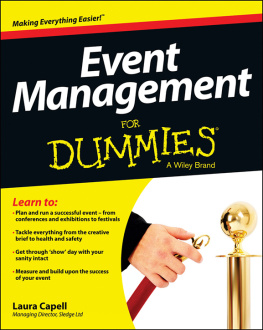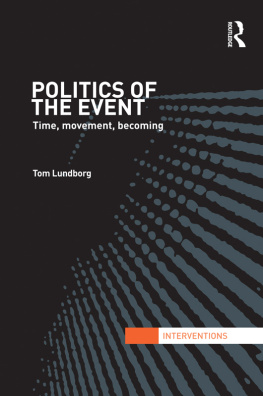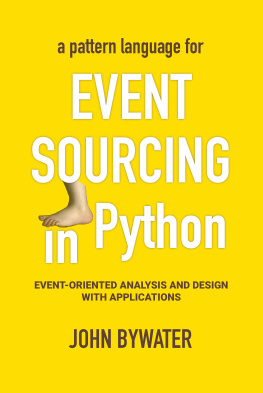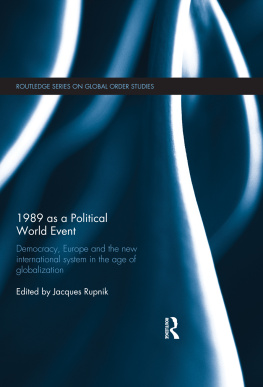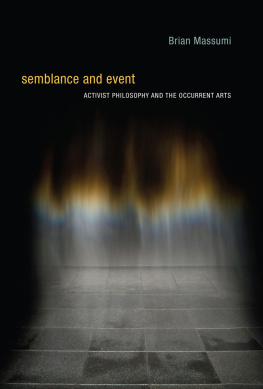James Brassett offers an indispensable analysis in Affective Politics of the Global Event that pushes beyond paradigmatic and institutional debates. Brassett shows how traumatic events do not so much disrupt rarefied structures as they demonstrate the everyday resilience (and politics) of market interactions in the process challenging the rationalist premises that united realist, liberal and constructivist perspectives alike.
Wesley W. Widmaier, Associate Professor, School of Government and International Relations, Griffith University, Australia
This book offers a broad-ranging engagement with the affective dimensions of global events. Examining phenomena as diverse as terrorism and financial crises, Brassett shows how our collective emotional perception of traumatic events also shapes how they unfold and generate practices of resilience.
Roland Bleiker, Professor of International Relations, University of Queensland
Affective Politics of the Global Event
Market life is increasingly conducted in the shadow of global events such as 9/11, the sub-prime crisis and Brexit. Within International Political Economy (IPE) two broad positions can be discerned: either the event is just an event, a superficial spectacle in an otherwise straightforward story of power and hierarchy, or the event is large enough to be considered a crisis.
While sympathetic to such arguments, this book develops a more performative politics of the global event, arguing that the very idea of the event must be placed in question. How is the event constructed? How are market subjects performed in relation to the event? This book argues that emotional and psychological discourses of trauma and resilience provide an important affective register for understanding how the global event is known, how it is governed and how the affective dimensions of market life might be lived. By identifying the contingent rise of these discourses, the author de-stabilises and re-politicises the apparent existential veracity of the global event. The critical possibilities and limits of the affective turn in market life can then be rendered according to classic questions of IPE: who wins, who loses and how might it be changed?
An important work for advanced scholars and students of International Political Economy, everyday and cultural political economy, crisis and resilience and broader debates on globalisation.
Dr James Brassett is Reader in International Political Economy at the University of Warwick. He was previously RCUK Research Fellow in the ESRC Centre for the Study of Globalisation and Regionalisation. Brassett works on the politics of globalisation with a focus on questions of ethics, governance, crisis and resistance. His first book is entitled Cosmopolitanism and Global Financial Reform: A Pragmatic Approach to the Tobin Tax (Routledge, 2010; Paperback, 2013), and he is Co-editor of the International Political Economy of Everyday Life (i-peel.org). His work has been published in leading journals such as European Journal of International Relations, International Political Sociology, International Studies Quarterly, New Political Economy, Review of International Studies and Review of International Political Economy. He is currently working on a book entitled British Comedy, Global Politics: The Everyday Practice of Resistance that engages the role of everyday resistance in the global political economy.
Ripe Series in Global Political Economy
Series Editors: James Brassett
University of Warwick, UK
Eleni Tsingou
Copenhagen Business School, Denmark
Susanne Soederberg
Queens University, Canada
The RIPE Series published by Routledge is an essential forum for cutting-edge scholarship in International Political Economy. The series brings together new and established scholars working in critical, cultural and constructivist political economy. Books in the RIPE Series typically combine an innovative contribution to theoretical debates with rigorous empirical analysis.
The RIPE Series seeks to cultivate:
- Field-defining theoretical advances in International Political Economy
- Novel treatments of key issue areas, both historical and contemporary, such as global finance, trade, and production
- Analyses that explore the political economic dimensions of relatively neglected topics, such as the environment, gender relations, and migration
- Accessible work that will inspire advanced undergraduates and graduate students in International Political Economy.
The RIPE Series in Global Political Economy aims to address the needs of students and teachers.
A Global Political Economy of Democratisation
Beyond the Internal-External Divide
Alison J. Ayers
Securing Finance, Mobilizing Risk
Money Cultures at the Bank of England
John Hogan Morris
Affective Politics of the Global Event
Trauma and the Resilient Market Subject
James Brassett
For more information about this series, please visit: www.routledge.com/RIPE-Series-in-Global-Political-Economy/book-series/RIPE
First published 2018
by Routledge
2 Park Square, Milton Park, Abingdon, Oxon OX14 4RN
and by Routledge
711 Third Avenue, New York, NY 10017
Routledge is an imprint of the Taylor & Francis Group, an informa business
2018 James Brassett
The right of James Brassett to be identified as author of this work has been asserted by him in accordance with sections 77 and 78 of the Copyright, Designs and Patents Act 1988.
All rights reserved. No part of this book may be reprinted or reproduced or utilised in any form or by any electronic, mechanical, or other means, now known or hereafter invented, including photocopying and recording, or in any information storage or retrieval system, without permission in writing from the publishers.
Trademark notice: Product or corporate names may be trademarks or registered trademarks, and are used only for identification and explanation without intent to infringe.
British Library Cataloguing-in-Publication Data
A catalogue record for this book is available from the British Library
Library of Congress Cataloging-in-Publication Data
A catalog record for this book has been requested
ISBN: 978-0-815-39973-5 (hbk)
ISBN: 978-1-351-17140-3 (ebk)
Typeset in Times New Roman
by Apex CoVantage, LLC
As in many books, it is hard to fully reflect the help, support, input and engagement that friends, colleagues and family have provided over the course of researching and writing this one. Because of the nature of the subject, especially in relation to trauma, I have been able to learn of personal stories from people I know, or some that I have just met. While I cant pretend that the argument does justice to the manifold experiences that are had in the name of affect, I would like to say a special thanks to those people who spoke on those (their) subjects. It all went into the mix. In academic terms, I have been blessed with some of the most interesting, thoughtful and engaging IPE colleagues. The book has benefitted greatly from conversations with Marco Andreu, Andre Broome, Chris Clarke (who generously read the first draft), Ben Clift, Juanita Elias, Chris Holmes, Ruben Kremers, Lena Rethel, Shirin Rai, Ben Richardson, Chris Rogers, Tim Sinclair and Mat Watson. As I trespassed into other fields, such as security, I am grateful to Chris Browning and Nick Vaughan-Williams for pointing me in the right direction on more than one occasion. Beyond Warwick, I have benefitted from input and encouragement by Claudia Aradau, Roland Bleiker, Dan Bulley, David Chandler, John Hogan Morris, Emma Hutchison, Matt McDonald, Cian ODriscoll, Chris Rossdale, Amin Samman, Len Seabrooke, Brent Steele and Wes Widmaier. Susanne Soederberg and three anonymous reviewers provided incisive and generous feedback on the first draft. Finally, several years of teaching the MA in IPE at Warwick has challenged my thinking on the politics of globalisation. The rich discussions that developed over seminars, film club and (occasional) socials have been both enjoyable and ageing. Which brings me to the most important points. In the course of writing this book, I have watched my daughter grow up into a sophisticated teenager, who, despite being just ten years old, is able to fill up my affective life far better than any words on a page. My wife has enjoyed and endured the fact that I can only really articulate my thoughts to her, usually after a coffee and with quite an intense look on my face. Somewhere along the line, we got a cat, who sat next to me while I wrote the final draft. But the book is dedicated to my dad. Before I knew it, he taught me about the power of affect and the value of resilience.

